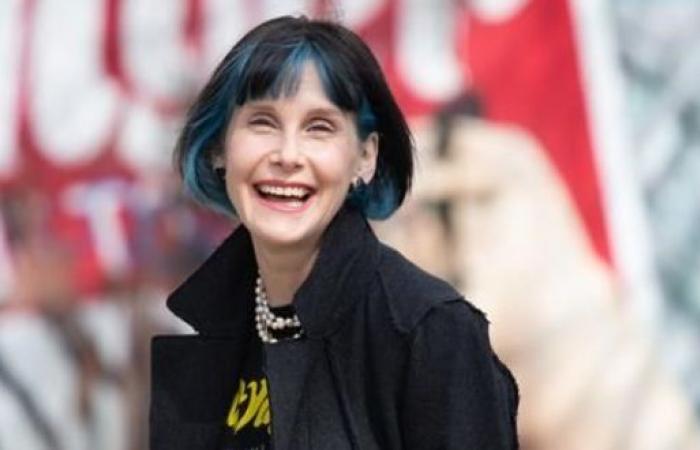“When I had to consider my age, I felt what a lot of people feel when they’re made redundant at that age: I’m at the top of my game and I’ve just been sidelined.”
Looking for a job can be a challenge for anyone, but it can be especially difficult after age 50 because potential employers may be reluctant to hire someone they may view as an expensive or overqualified candidate.
Companies often see the benefits of keeping older workers on the job. But when they decide to hire someone, younger candidates are often preferred, according to Ellie Berger, a professor at Nipissing University who has studied ageism for two decades.
“It’s when you’re outside and you try to come back inside that you have the most difficulty getting by,” she illustrates about experienced workers.
Berger observed that it takes older workers longer to find a job and they spend more weeks unemployed than younger workers.
His research included discussions with employers who were sometimes frank in their explanations.
“They were mentioning things like if people leave off the year they graduated from their resume, that’s a red flag,” she reports.
Ageism often becomes an obstacle for workers aged 45 and over. The situation gets worse when gender, disability and race are added to the mix, Berger says.
She found that many employers don’t even consider candidates aged 55 and over.
“They said, for example, ‘At 55, they would have to be pretty exceptional in everything for me to consider them. At 65, I wouldn’t even consider it.'”
Besides age, other aspects, such as health problems, the need for flexibility in schedules and economic factors can also pose obstacles for job seekers in their 50s.
A 2015 Statistics Canada report found that involuntary retirements, that is, older people who wanted to continue working but were unable to find employment, constitute about 25%. of all retirements. The older the laid-off workers are, the more likely they are to retire.
Francine Gutwilik returned to Canada in 2009. A professional recruiter, she left New York at the height of the financial crisis when she was in her 40s.
“I just wanted to keep working and sent out CVs for all kinds of positions, from sales to HR to recruitment. Most of the time there was no response,” she recalls.
Reduced savings
Ms. Gutwilik, who is now 62 and works as a school supervisor, experienced a long period of unemployment. The lack of income has significantly reduced his savings.
She has created a business that she hopes will help replenish her coffers. She developed recruiting software called Wizard Hire, which attempts to remove bias from the resume review process.
“I am mainly focused on selling the platform and it is going very well for me. All the expectations and bad experiences ended up being reversed.”
According to Bonnie-Jeanne MacDonald, director of financial security research at the National Institute on Aging at Metropolitan University of Toronto, losing your job in your 50s or 60s can have significant financial consequences because it is This time many people have higher incomes and fewer expenses.
“People have a greater capacity to save. If you remove those years, it can have a huge impact on this really crucial preparation period.”
Additionally, because government retirement benefits are paid later in life, it is difficult to retire for good.
“Someone who is unemployed in their 50s is very vulnerable, because they cannot start receiving the Old Age Security pension before age 65,” she emphasizes.
“If you lose your job early, not only will you not be able to save more for retirement, but you will likely have to start dipping into your savings, which will take you in the opposite direction,” she adds.
Do not neglect experience and wisdom
Laura Hambley, founder of Canada Career Counseling, has noticed an increase in career changes among people in their 50s. Upskilling can help job seekers land a position faster.
“The challenge may be that a long career in a single field may unintentionally communicate a lack of ability to learn and adapt. It is essential to demonstrate your skills,” she says.
In his opinion, you have to “put forward the experience and wisdom that you bring, and everything that you have seen and done during your career is a real advantage”. She also believes that “you have to emphasize the fact that you would like to mentor people.”
Ms Hambley says many people in their 50s are moving into contract, entrepreneurial or consultancy jobs.
Ms Davidson, who was made redundant from her marketing job, opted to start her own business because she still needed an income. Now aged 55, she runs her marketing consulting company and mentors young talents.
“I do what gives me energy because that’s always been my plan and I stick to it,” she says.
The advice she gives to 50-year-olds is to not let anyone define them as “old” or overqualified.






